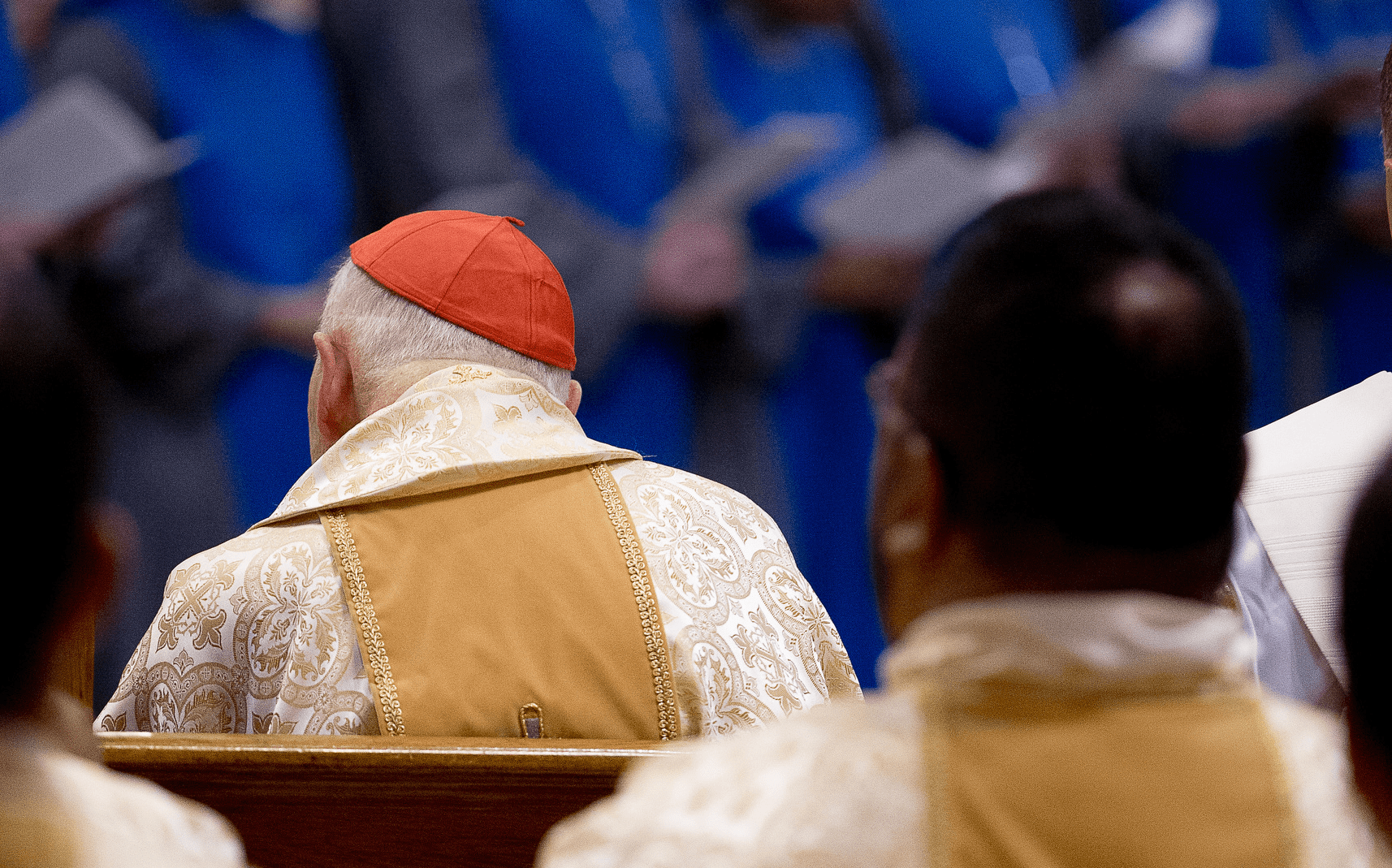My people have been lost sheep; their shepherds have led them astray, turning them away on the mountains; from mountain to hill they have gone, they have forgotten their fold. (Jeremiah 50:6)
The sexual abuse crisis has returned to the United States, as accusations of sexual abuse have been leveled against a former archbishop and cardinal. On Wednesday, Cardinal Theodore McCarrick, the retired archbishop of Washington, D.C., was accused by a tribunal of the Archdiocese of New York of sexual misconduct, accusations that the Archdiocese said were “credible and substantiated.”
As troubling as the allegations of abuse are, equally troubling are admissions by the Archdiocese of Newark that McCarrick, in his former capacity as Archbishop of Newark and Bishop of Metuchen, NJ, was accused of sexual misconduct with adults, two of which resulted in settlements, both undisclosed.
Shrouded in journalese and the cultivated anti-content of official statements, here is the plain and simple English: a cardinal archbishop, a prince of God’s Church on Earth, the Church established by the Son of God, seems to have used his office and power, not to serve the greater glory of God, but to gratify himself. And that is a grave and horrible sin, a violation of the dignity of a person imprinted with the image of God, no matter what authority the perpetrator possessed. This is sin that has been perpetrated against both individuals, who have suffered immense harm at the hands of those ordained by God to ministry, and by the whole people of God, who have seen those chosen to be their shepherds violate their trust, their vows, and their office.
Credible accusations of clerical sexual abuse and discovery of the ensuing cover-ups resemble school shootings: surprising but not unexpected.
At this point, what is left to be said? As I reflect and pray on the situation, this situation that continues to stalk and haunt the Church from within, I think about all the words that have been written on this subject, all the training programs and studies aimed at understanding and prevention, and the difficult grappling with the wrenching stories and patterns of neglect that lead to abuse. Intellectually and practically, I know a great deal of progress has been made in stopping clerical sexual abuse. We have never been more aware of the dynamics that lead priests and religious to abuse others and have never been more vigilant.
But I can’t bring myself to feel any confidence that it won’t continue to happen, largely because of how human weakness and evil can find a home in large institutions. The more we learn about clerical sexual abuse, whether in Chile, or Ireland, or in the United States, we recognize it is so much more than individual acts of abuse, as horrific as those are. Evil is equally present in the network of willing and unwilling individuals who are complicit, compromised, and unwilling to act or speak in such a way as to collapse the networks that perpetuate and enable clerical abuse.
These networks of secrecy, conspiracy, and cover-ups are an inversion of what the Church is, a mockery of the Body of Christ that seeks to unite the whole world with God in love. When we look upon reports of abuse and the baleful methods used by men to conceal them, we are contemplating an anti-icon of the Church, a Church that is not true, not good, and not beautiful.
***
I don’t know what the faithful are meant to do. When the pews continue to empty and parishes wither and close, we do not have to wonder why. If people want to leave the Church, I can’t tell them not to. I wouldn’t recommend it, but the words disappear when I could tell them to stay.
But that is not good enough, for the world needs the Church and, well, the Church needs the Church; the life of the Church, both immanent and transcendent in its ends, has never been more needed in a world being slowly unraveled by all the usual nasty -isms. But it cannot be that if it presents itself to the world as an icon of human failure rather than an icon of God’s love.
We are left with the words of the prophet Jeremiah. Difficult words, as much of the prophetic writings are. But the same prophet reminds us that God will not forget God’s people: “For surely I know the plans I have for you, says the Lord, plans for your welfare and not for harm, to give you a future with hope. Then when you call upon me and come and pray to me, I will hear you. When you search for me, you will find me; if you seek me with all your heart, I will let you find me, says the Lord, and I will restore your fortunes and gather you from all the nations and all the places where I have driven you, says the Lord, and I will bring you back” (Jeremiah 29:11-14).


